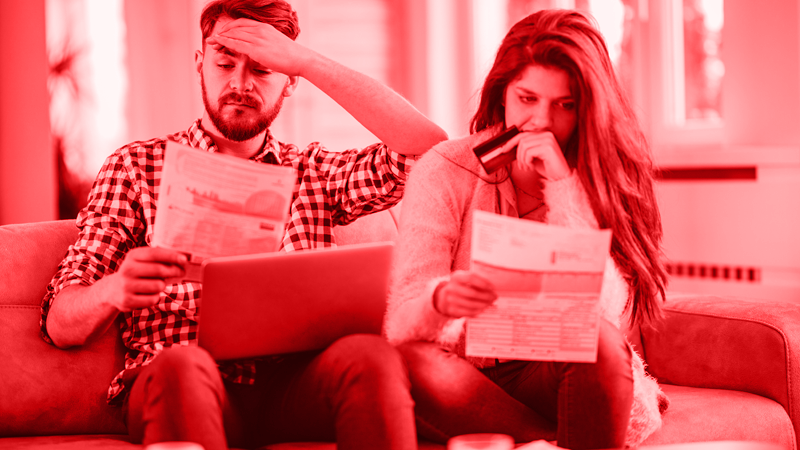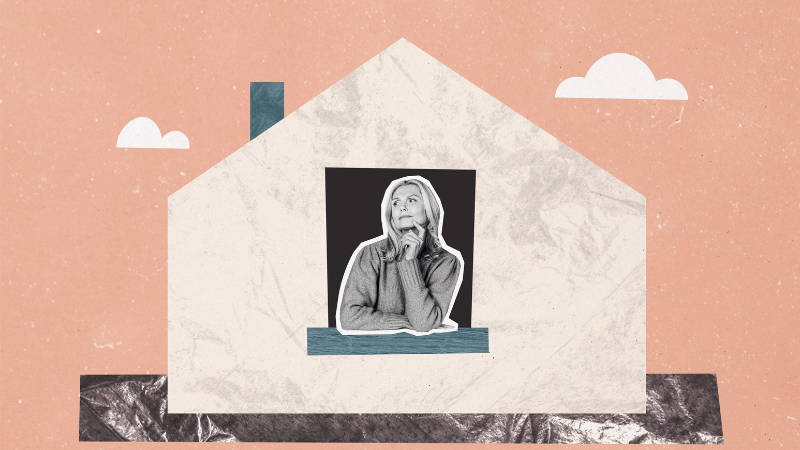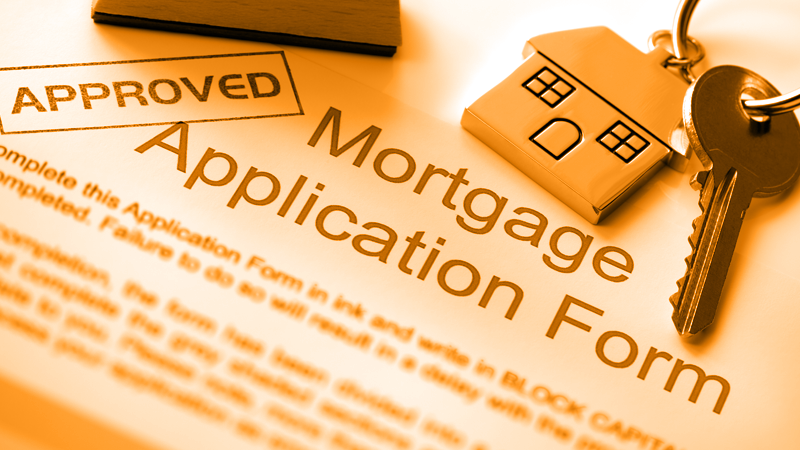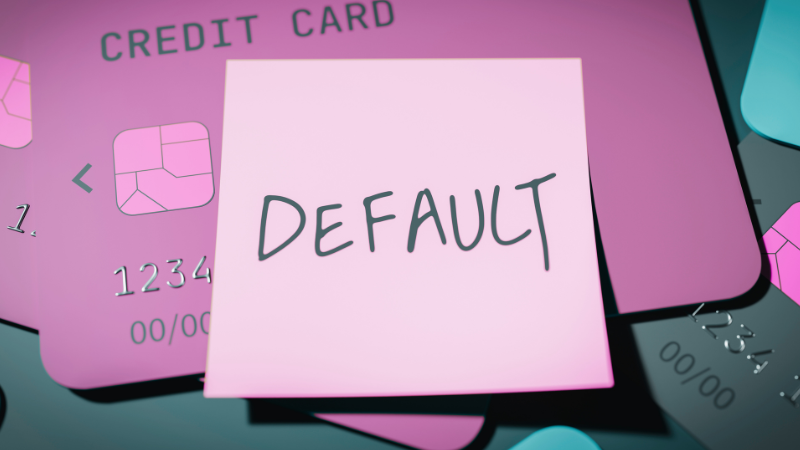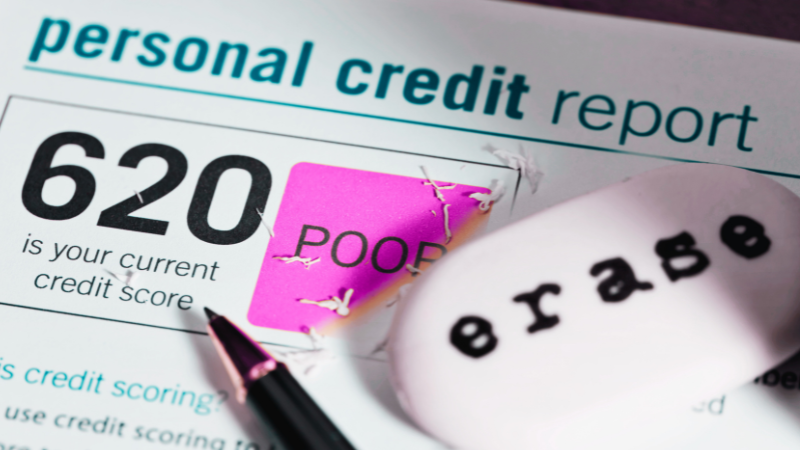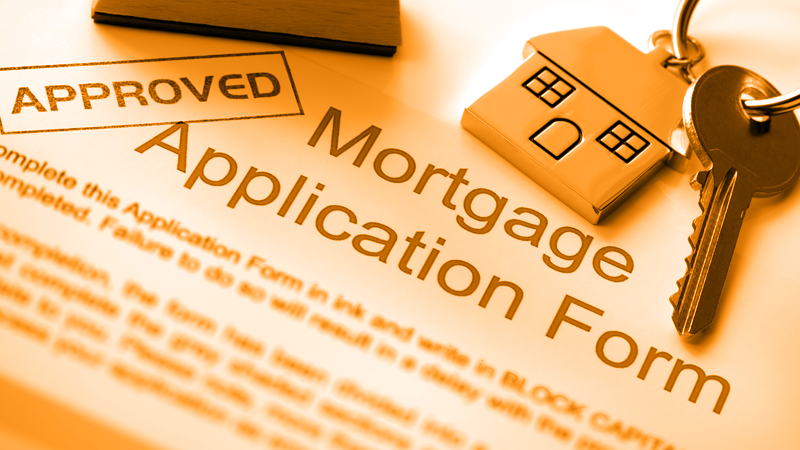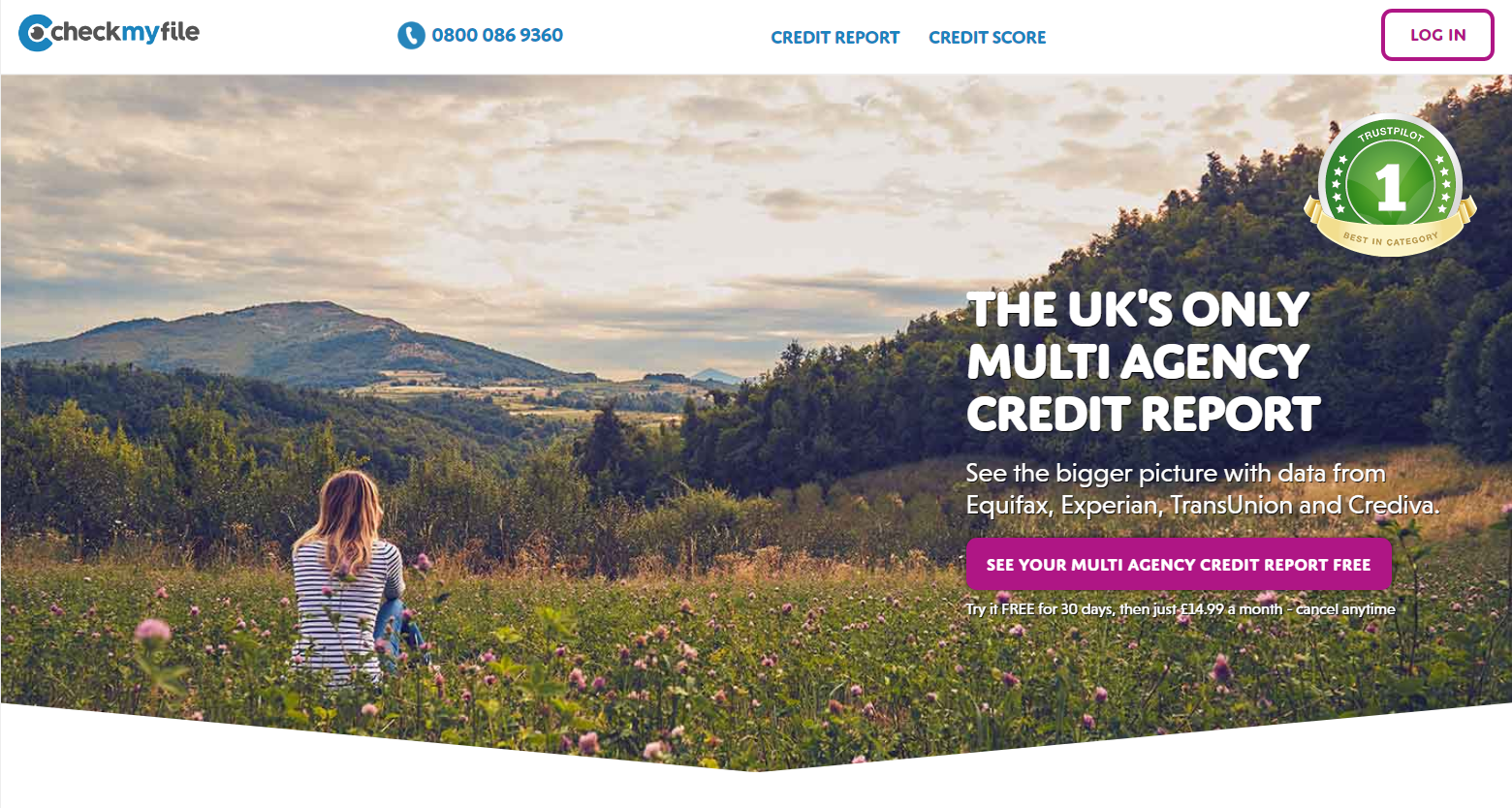Can You Get a Secured Loan with Bad Credit? Here’s The Truth [2025 Guide]


Bad credit history making it hard to get loan approval? Wondering if you can get a secured loan with bad credit? You can actually get a secured loan even with a not-so-great credit record. Secured loans often work well for people who might struggle to qualify for unsecured loans because of their credit history.
Secured loans provide a viable alternative when traditional lending options are not feasible. These loans need you to offer an asset as collateral (usually your home), but come with lower interest rates than unsecured loans. Of course, the amount you can borrow depends on the value of your assets that you use as security. The risks are most important to note – you might lose your home or other assets if you miss your repayments.
Secured loans might be worth thinking over if you need to get a mortgage with bad credit but have good income. This blog delves into the truth about secured loans for people with bad credit. You’ll learn about their pros and cons, and ways to boost your approval chances in 2025.
What is a secured loan and how does it work?
Learning about secured loans helps you make smart money choices, especially if you don’t have perfect credit.
Definition of a secured loan
A secured loan requires you to put up something valuable as collateral. Your home or car usually acts as security that protects the lender. These loans work differently from other borrowing options because you back them with something valuable you own. This setup gives lenders peace of mind about getting their money back.
Common examples of secured loans include:
- Mortgages to purchase property
- Home equity loans or second mortgages
- Car loans
- Secured personal loans
You’ll get a lump sum with a secured loan and pay it back through fixed monthly payments plus interest over time. Your interest rate might stay the same or change based on the loan type you pick.
How collateral is used
Your collateral can be any valuable asset you promise to the lender. The deal works like this – if you can’t keep up with payments, the lender can legally take and sell your asset to get their money back.
Putting up collateral cuts the lender’s risk by a lot, which creates better terms for borrowers. The best part? You’ll likely get lower interest rates than you would with loans that don’t need collateral.
These loans also let you:
- Borrow larger amounts
- Get approved despite credit problems
- Have more time to pay back
The lender puts a lien on your collateral after giving you the loan. This legal hold lets them take your property if you stop making payments. All the same, you can use your asset normally as long as you pay on time. The lender removes the lien once you’ve paid everything back.
Difference from unsecured loans
The biggest difference between secured and unsecured loans comes down to collateral. Secured loans want an asset as backup, while unsecured loans (also called personal loans) don’t ask for any collateral.
Lenders take on more risk with unsecured loans since they can’t claim anything if you default. So these loans usually:
- Need better credit scores to qualify
- Come in smaller amounts, starting from £1,000
- Cost more in interest
- Must be paid back faster
Missing payments on an unsecured loan might not lead to immediate asset seizure, but it hurts your credit score and makes future borrowing harder.
Secured loans stretch out payments longer than unsecured ones, which means you’ll pay more interest over time. Many borrowers, especially those with credit issues, find the trade-off between lower monthly costs and longer terms worth it.
Can you get a secured loan with bad credit?
The short answer is yes, you can get a secured loan with bad credit. These loans are easier to get than unsecured options if you have credit problems. Let me explain why this works and what you should know before you apply.
Why lenders may still approve you
Secured loans are less risky for lenders because you put up collateral to protect their investment. Lenders have something valuable to claim if you default, so they’re more open to working with borrowers who have credit issues.
There’s another reason – some lenders focus on helping people with less-than-perfect credit histories. These lenders know that credit scores don’t tell your whole financial story and take a comprehensive look at your application.
You’ll have better chances of approval if you own a home with good equity. Lenders feel safer when they have access to a valuable asset that covers their risk if someone has poor credit.
Secured loans aren’t just for people with credit problems – they’re a great way to get lower interest rates for people with good credit too.
How your credit score affects the terms
Whatever the security you offer, your credit history plays a role when you apply for a secured loan. Lenders will check your financial behaviour to get the full picture.
Bad credit affects your loan in several ways:
- Your interest rates will be higher than someone with good credit
- You might get smaller loan amounts than with better credit
- Some lenders add extra fees to cover their risk
Three things decide how much you can borrow: your property’s value, your equity, and knowing how to make repayments. Lenders need to be sure you can handle the monthly payments before they say yes.
Note that having collateral doesn’t guarantee approval. Lenders might still say no if they think you can’t manage the repayments.
What assets can be used as collateral?
Your home is the most common collateral for secured loans, which is why people call them “homeowner loans” or “second charge mortgages”. Your borrowing limit ties directly to your property’s equity – the difference between your home’s value and what you still owe.
Beyond property, lenders might accept:
- Paid-off vehicles (cars or motorbikes)
- Valuable jewellery
- Savings or investment accounts
- Other valuable assets like art
Each lender has its own rules about acceptable collateral. Most won’t accept retirement accounts as security for loans.
The value of your collateral must match or be more than the loan amount for secured personal loans. Lenders usually offer a percentage of the collateral’s value, not the full amount.
Think carefully about whether you can keep up with repayments before you apply. Missing payments could mean losing your home or whatever asset you’ve put up as security.
Pros and cons of secured loans for bad credit
Let’s get into the benefits and drawbacks of a secured loan if you have bad credit. You should think over whether this financial choice makes sense for your situation.
Pros: Easier approval, lower rates, larger amounts
Secured loans give several advantages if you have a poor credit history:
Easier approval process – Lenders face less risk because you provide collateral. This makes them more likely to approve applications from borrowers with bad credit. These loans are a great way to get financing when other options aren’t available.
Lower interest rates – The rates on secured loans are usually better than unsecured options. You could save thousands over the loan term because lenders take on less risk.
Larger borrowing potential – Unsecured loans usually max out at £25,000 (mostly for people with excellent credit). Secured loans can go much higher. Some lenders don’t set any upper limit – you might borrow seven-figure sums based on your equity and what you can afford.
Longer repayment periods – You can spread payments over longer timeframes with secured loans. This helps make your monthly payments fit your budget better.
Cons: Risk of losing your asset, longer terms, and fees
Secured loans have some serious risks you need to know about:
Your property is at stake – The biggest risk is losing your home or other collateral if you miss payments. Lenders have legal rights to take your property to get their money back.
Higher overall cost – Lower monthly payments from longer terms mean you’ll pay more interest overall. Calculate your total repayment amount to understand what you’re really paying.
Additional fees – These loans often come with big arrangement fees and other charges. Some brokers charge extra-high fees that add to your costs.
Variable rates can increase – Your payments might go up without warning if market rates rise on a variable interest loan. This makes it harder to plan your budget.
Lengthy application process – Getting approved takes longer than unsecured loans, usually two to six weeks, because of all the paperwork.
Effect on your credit score
Secured loans can change your credit profile in several ways:
Potential improvement – Your credit score can get better if you make every payment on time. This shows future lenders you’re financially responsible. Good payment history stays on your credit report for 10 years after paying off the loan.
Risk of further damage – Missing payments or paying late will hurt your credit score. Bad marks stay on your report for seven years. This could make borrowing harder and more expensive later.
Credit mix enhancement – Your “credit mix” looks better with a secured loan. Lenders like seeing you can handle different types of credit.
Take time to check if you can make every payment on schedule before you commit. Setting up automatic payments helps you avoid missing deadlines and protects both your assets and credit score.
How to improve your chances of approval
Bad credit shouldn’t stop you from getting a secured loan. You can dramatically improve your approval chances with the right preparation.
Check and fix your credit report
Your first step is to review your credit report from all three major credit reference agencies: Experian, Equifax, and TransUnion. Watch out for these common errors:
- Wrong late payments or defaults
- Wrong balances and credit limits
- Accounts are shown as open when they’re closed
- Old joint accounts that don’t apply to you anymore
Mistakes in your report need immediate action with proof, like bank statements or payment confirmations. A clean credit report can quickly raise your score and boost your approval chances.
A simple way to help your case is to sign up for the electoral roll at your current address. Lenders will see this as proof of your identity and trust your credit report more.
Use an eligibility checker
These tools run “soft searches” that won’t hurt your credit score but tell you how likely you are to get approved before you apply. This helps you avoid making multiple applications that could damage your credit score.
Most checkers give you a percentage score that shows your chances – higher scores mean better odds. You’ll need these details to use the tools:
- Your desired loan amount
- Basic personal and job details
- Where you’ve lived
- How much do you make
- Who depends on you financially
Show proof of income and affordability
Lenders want to know you can pay them back. Get these documents ready:
- ID (passport or driving licence)
- Recent bills or bank statements with your address
- Proof of income (payslips, tax returns)
- Papers for your property if it’s collateral
Be honest about any credit problems in your past. Explaining what happened – especially if it was a one-time issue – might help lenders look more favourably at your application.
Consider specialist lenders
Several lenders focus on helping people with credit problems. These companies:
- Have flexible rules for lending
- Make decisions based on common sense
- Look at your specific situation, not just credit scores
- Go beyond automated systems
A specialist broker might connect you with lenders you can’t reach directly and help you get better terms.
Mortgageable offers a free Equifax Credit Report as part of its service, with no obligation to proceed. Something worth considering.

Alternatives to secured loans if you have bad credit
People with credit challenges should look beyond secured borrowing. Consider these alternatives that might work better for you before putting your home or other assets at risk.
Unsecured personal loans
Bad credit doesn’t rule out unsecured personal loans, but the terms differ from those with good credit scores. Lenders offset their risk with higher interest rates and lower borrowing limits. Several providers work with borrowers of all credit profiles and offer loans up to £15,000.
Your current account’s overdraft might work better than a loan if you need a small amount. This gives you the flexibility to cover occasional expenses without fixed repayment commitments.
Credit cards for bad credit
Credit builder cards are a great way to get a better credit score. These cards come with:
- Lower credit limits and higher interest rates than standard credit cards
- A chance to show you can manage money responsibly
- Better terms and higher limits as time goes by
Your credit report gradually improves when you use a credit card the right way – paying on time and staying within limits. Most providers let you check your eligibility without affecting your score, so you can find suitable cards before applying.
Remortgaging or equity release
Property owners might still remortgage despite credit problems. Lenders of all sizes take a flexible approach and look beyond credit scores. They often accept various income sources, including benefits and pensions.
Older homeowners can access equity release even with bad credit. Credit checks still happen, but a low score alone won’t automatically disqualify you since monthly repayments aren’t required. The equity release funds must pay off any debts secured against your home.
Debt advice and budgeting help
Free, independent advice from debt management experts should come before taking on more debt:
- National Debtline: 0808 808 4000
- StepChange Debt Charity: 0800 138 1111
- Citizens Advice: 0800 144 8848 (England)
These services help create budgets, talk to creditors, and develop personalised debt management plans. Their expertise helps resolve money problems without additional borrowing.
Related guides:
Conclusion
Bad credit doesn’t stop you from getting secured loans, but you need to understand the opportunities and risks. This piece shows how secured loans stay available despite credit problems because lenders protect themselves with your collateral. Your assets as security let them offer bigger loans with lower rates than unsecured options.
The risks are real and serious. You could lose your home or valuable assets if you can’t keep up with payments. Think twice before you jump into any secured borrowing option.
Credit scores substantially impact your secured loan terms. These scores determine your interest rates, how much you can borrow, and other loan conditions. Lenders look more favourably at your application when you work on improving your credit report, show good income proof, and prove you can afford the payments.
You have other choices if secured loans feel too risky. Credit builder cards, specialised unsecured loans, or professional debt advice are great ways to get help without risking your property.
Your ability to pay consistently matters most. A loan that stretches your budget too far leads to serious problems, especially when you have your home as collateral. Smart financial planning should come before borrowing money.
Secured loans help you get the needed funds even with credit issues. They might boost your credit score if you manage them well. But you should know both the benefits and risks. The financial choices you make now will affect your options beyond 2025.
Key Takeaways
Yes, you can secure a loan with bad credit by using your assets as collateral, though it comes with significant risks and considerations.
• Secured loans are accessible with bad credit because collateral reduces lender risk, making approval more likely than unsecured alternatives.
• Your home is at risk – failure to maintain repayments could result in losing your property or other pledged assets to the lender.
• Lower rates but higher total costs – whilst secured loans offer better interest rates, longer terms often mean paying more overall.
• Credit scores still matter – poor credit leads to higher rates and fees, even with collateral backing your loan.
• Improve approval chances by checking credit reports for errors, using eligibility checkers, and providing comprehensive income documentation.
• Consider alternatives first, such as credit builder cards, specialist unsecured loans, or free debt advice, before risking your assets.
The key is ensuring you can consistently afford repayments before putting your home or valuable assets on the line. Professional debt advice remains available free of charge if you’re struggling with existing financial commitments.

